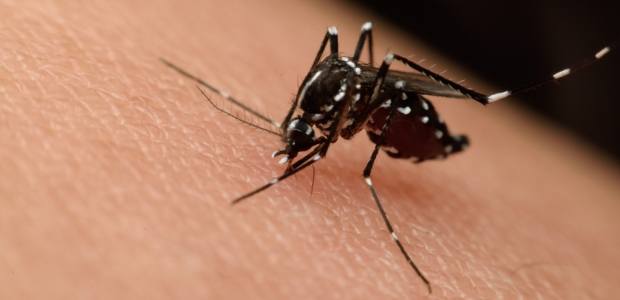
Ebola No Longer a Public Health Emergency of International Concern
WHO Director-General Dr. Margaret Chan on March 29 terminated the temporary recommendations issued in response to the West Africa outbreaks.
The World Health Organization's Emergency Committee met for the ninth time via teleconference on March 29 and heard from representatives of Guinea, Liberia, and Sierra Leone about their efforts to prevent the Ebola virus' re-emergence and their capacity to detect and respond rapidly to any new cluster of cases. The committee noted that since its previous meeting, all three countries have met the criteria for confirming interruption of their original chains of Ebola virus transmission -- completing the 42-day observation period and additional 90-day enhanced surveillance period since their last case that was linked to the original chain of transmission twice tested negative. Guinea achieved this March 27.
As a result, WHO Director-General Dr. Margaret Chan has terminated the temporary recommendations issued in response to the West Africa outbreaks and agreed with the committee that Ebola no longer constitutes a Public Health Emergency of International Concern. "The Ebola outbreak in West Africa is no longer a Public Health Emergency of International Concern. However a high level of vigilance and response capacity must be maintained to ensure the ability of the countries to prevent Ebola infections and to rapidly detect and respond to flare-ups in the future," she said in a statement about the decision. "These countries continue to require the full support of international community."
The committee noted that, as expected, new clusters of Ebola cases continue to occur due to reintroductions of virus as it is cleared from the survivor population, though at decreasing frequency. Twelve such clusters have been detected to date, the most recent of which was reported March 17 in Guinea. "The Committee was impressed that to date all of these clusters have been detected and responded to rapidly, limiting transmission to at most two generations of cases in the 11 clusters which have now been stopped," according to WHO's announcement. "The Committee provided its view that Ebola transmission in West Africa no longer constitutes an extraordinary event, that the risk of international spread is now low, and that countries currently have the capacity to respond rapidly to new virus emergences. Accordingly, in the Committee's view the Ebola situation in West Africa no longer constitutes a Public Health Emergency of International Concern and the Temporary Recommendations adopted in response should now be terminated. The Committee emphasized that there should be no restrictions on travel and trade with Guinea, Liberia and Sierra Leone, and that any such measures should be lifted immediately."